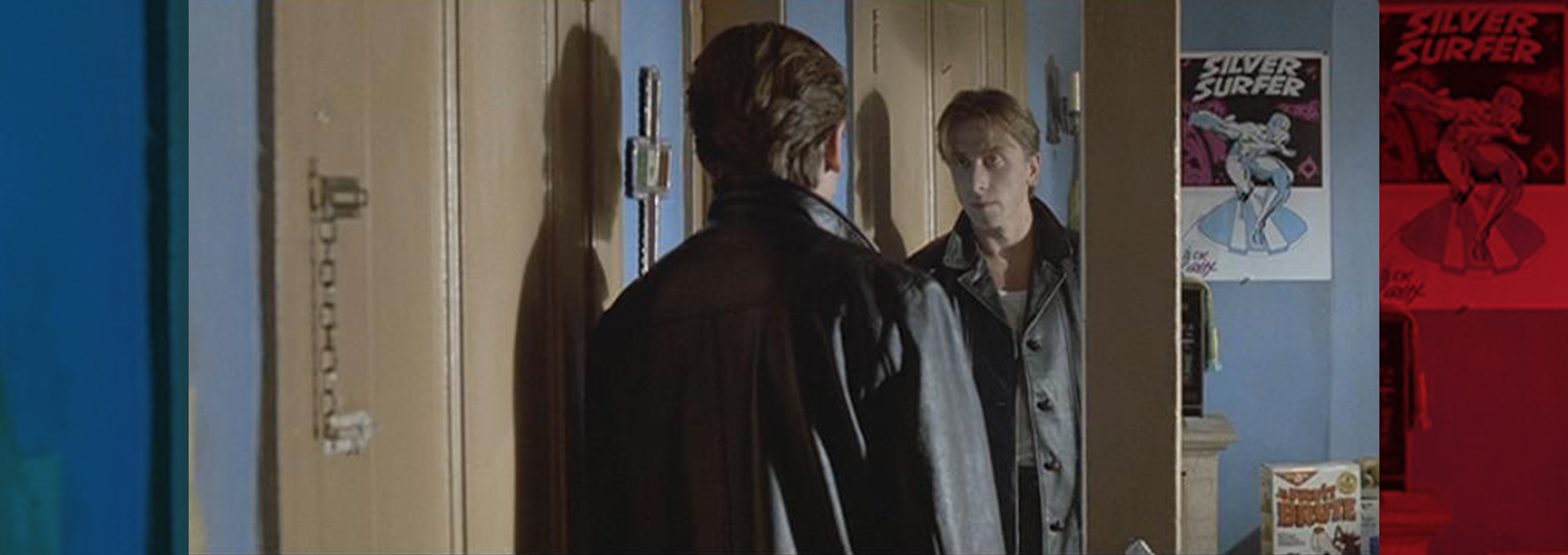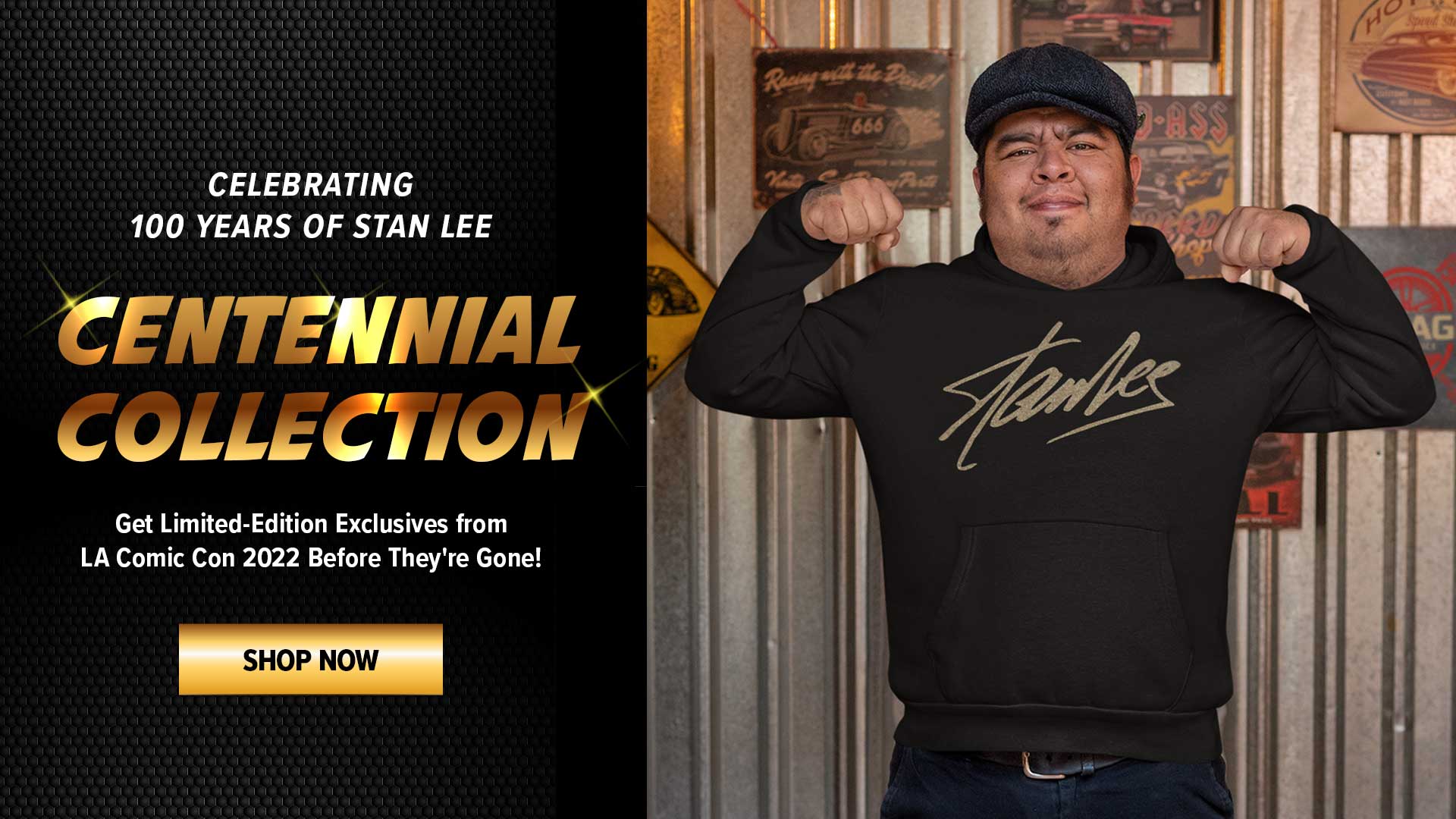Two names that you wouldn’t immediately put together are Quentin Tarantino and Stan Lee. Tarantino’s critically acclaimed R-rated modern classics are far from the family friendly comicbooks of Stan Lee’s Marvel tenure. But the two have crossed paths a couple of times over the years both socially and professionally.
One of their first run-ins was in the early 1990s when Stan Lee and Marvel Films were developing a Luke Cage movie and Tarantino was in talks to possibly direct. Back in 2015, Tarantino said in a Nerdist podcast interview: “One of the things I wanted to do before Pulp Fiction to some degree or another …one of the outside projects that I considered doing was doing a Luke Cage movie.” He further explained, “In the case of Luke Cage, it was my comic geek friends that almost talked me out of it, because I thought Larry Fishburne back in the day would’ve been a great Luke Cage, and they were talking about Wesley Snipes.”
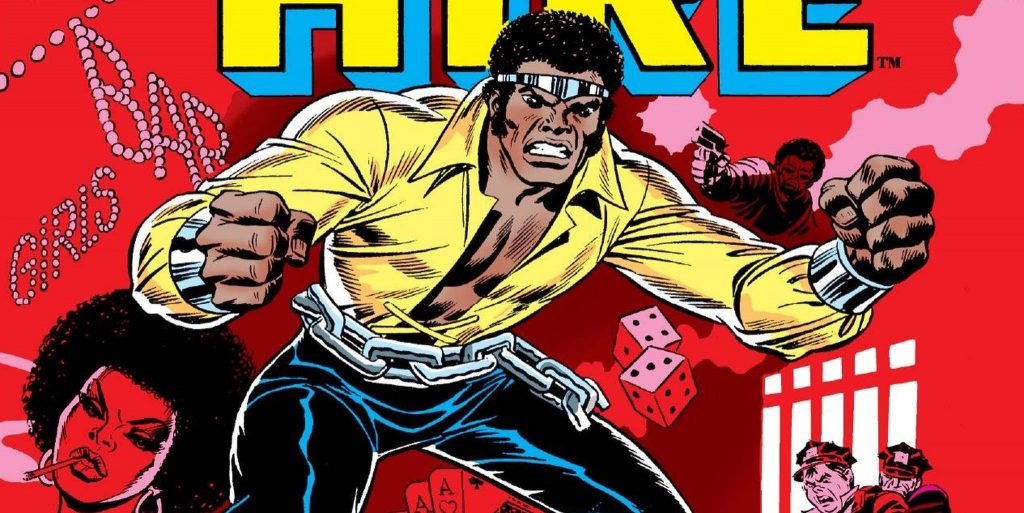
Years later, Stan and Tarantino met again at the 2009 Spike TV Scream Awards where Stan was receiving the illustrious Comic-Con Icon Award. After the ceremony, in a scene almost out of Mallrats, Tarantino geeked out with Stan at the after party.
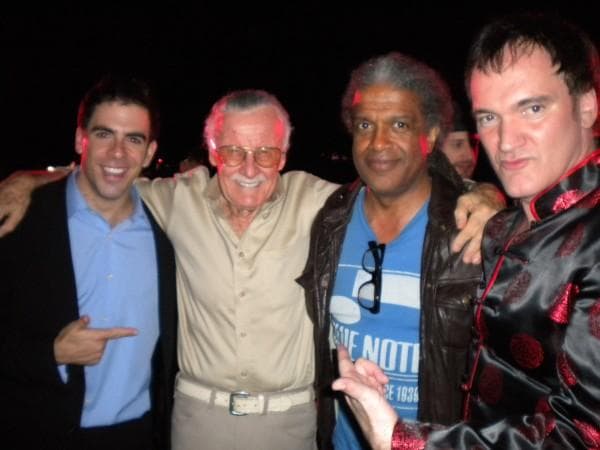
More recently in an in-depth interview with BBC Radio 1, Tarantino discussed seeing a reference to his 1994 Academy Award-winning film Pulp Fiction in Captain America: The Winter Soldier (2014). In the movie, Cap and Falcon visit the grave of Nick Fury, who has faked his own death. We get a quick peek at the tombstone which features a quote from the Bible, Ezekiel 25:17: “The path of the righteous man…” It’s the same verse that Samuel L. Jackson’s hitman character recites in Pulp Fiction before killing a target.
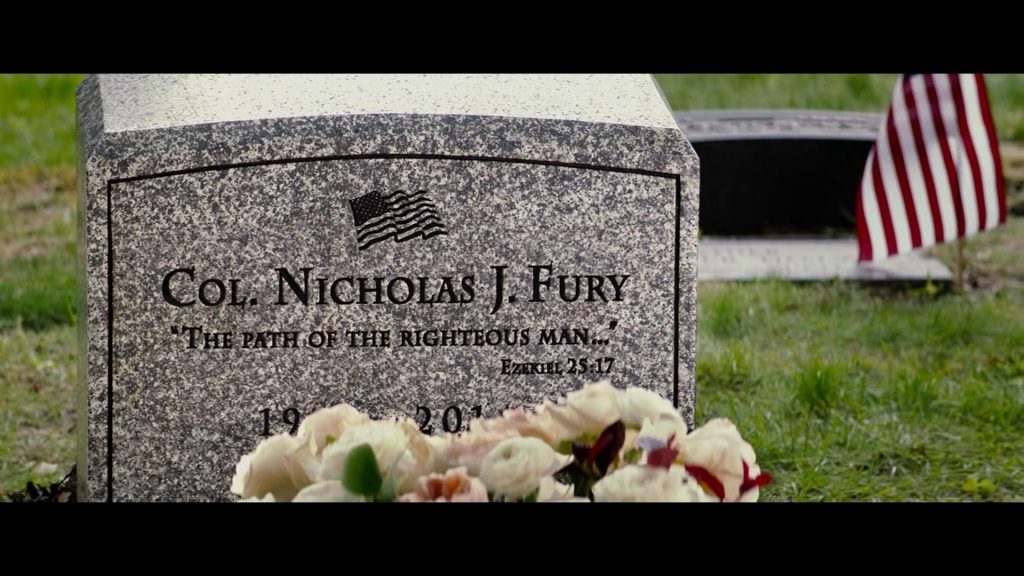
In reaction to the reference, Tarantino said: “Well, the fact that I grew up with Marvel comic books, and you know, the Marvel universe, before it was a cinematic universe. When it was just basically Stan Lee, Jack Kirby, and Roy Thomas’s web-spinning… ‘Nuff said.”
Tarantino has alluded to the influence comicbooks and superheroes have had on him before, like his references to the Fantastic Four in Reservoir Dogs (1992), or the superhero secret identity speech in Kill Bill Vol. 2 (2004).
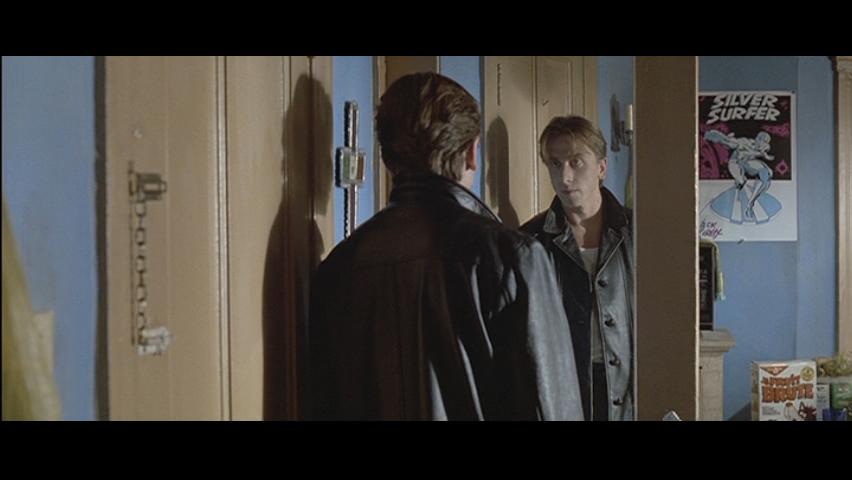
But he revealed more with BBC, expounding: “Probably the first commentary I ever read was the Stan Lee Soapbox, so the fact that all of a sudden, my universe was now being quoted inside of, as closed a gate as the Marvel Cinematic Universe is, it felt pretty good.”


